Adapting an Effective Math Collaboration Activity for Distance Learning
 Photo by Annie Spratt on Unsplash
Photo by Annie Spratt on Unsplash
An instructional coach and math teacher who developed a powerful model for student collaboration have tweaked it for the pandemic.
- 0 Comments
- Oct 28, 2020 10:00:00 AM
- Posted by Natalia Galvis
- Topics: STEM, teachers, students, Technology, STEMchat, Edchat, teaching, online, lessons
The Best Ways to Start a Career in the Robotics Industry
By Serena Dorf
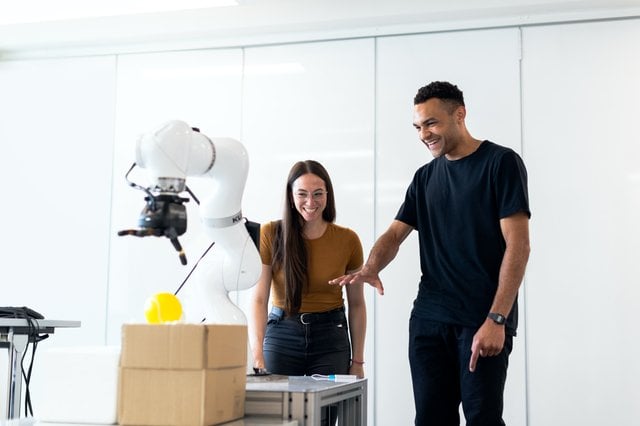 Photo by ThisIsEngineering from Pexels
Photo by ThisIsEngineering from Pexels
The robotics industry is one of the best industries to get into today. Most of the important aspects of our lives depend on it. These include medicine, manufacturing, military, and domestic purposes. Further, it helps in improving our lifestyles by making our work easier.
For this reason, the majority of industries are looking for robotics engineers to design and create machines for them. Leading companies in every industry are willing to pay more than the average to get and retain the best talent. If you are interested in starting a career in the robotics industry, we are going to show you how to start.
- 2 Comments
- Oct 27, 2020 10:00:00 AM
- Posted by Natalia Galvis
- Topics: STEM, teachers, students, Technology, STEMchat, Edchat, teaching, online, lessons
How Teachers are Preparing for The Next school Year
 Image source: https://acerforeducation.acer.com/wp-content/uploads/banner-55.jpg
Image source: https://acerforeducation.acer.com/wp-content/uploads/banner-55.jpg
School in a post-coronavirus world will never be the same. Having no choice but to rely heavily on online learning to guarantee continuity of education in a society disrupted by the pandemic has taught lessons to more than just the students.
It is now time for teachers to reflect on the experience of socially distanced school and prepare for the upcoming year and the unique challenges it will present.
Going back to a new normal after such a defining historical event may feel a little like travelling without a road map, but teachers can at least take comfort in the three keywords they can use to orient themselves in this uncharted land: engagement, personalization, interaction.
- 0 Comments
- Oct 26, 2020 10:00:00 AM
- Posted by Natalia Galvis
- Topics: STEM, teachers, students, Technology, STEMchat, Edchat, teaching, online, lessons
How VR Can Help During the Coronavirus Crisis
BY VR Direct
The message is stark, urgent and global; the progress of the coronavirus pandemic can only be slowed to manageable levels if we all practice social distancing and self-isolation.
We all have daunting challenges to face in a world of restricted travel, remote working, and limited social interaction. Even after the initial crisis measures have been relaxed, it won’t be ‘business as normal’ for some time to come.
So exactly how can we continue providing essential training and education? How can we meet together at trade and cultural events? How can we nurture personal contacts and convert them to sales?
One way is to use the technology already out there to bring people together in a virtual reality. A virus ca nnot spread when there is no actual physical contact.
Let’s take a look now at how VR can not only give you a socially responsible advantage during the height of the crisis, but will give you a competitive edge in its aftermath.
- 0 Comments
- Oct 23, 2020 10:00:00 AM
- Posted by Natalia Galvis
- Topics: STEM, students, Technology, VR, store000030-Virtual Reality, STEMchat, Edchat, online, virtual learning, lessons
Using Robotics To Prepare Students For the Future
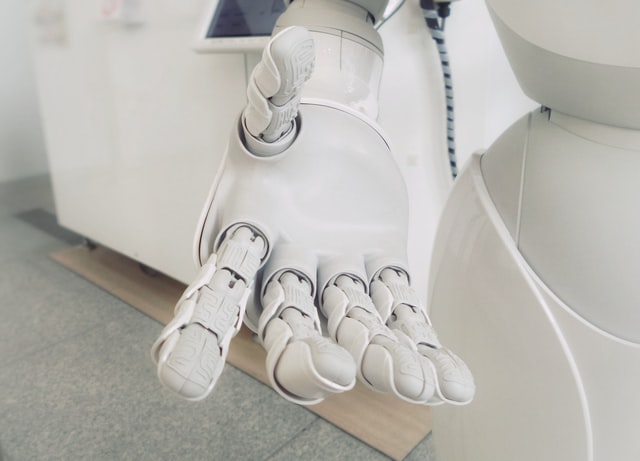 Photo by Photos Hobby on Unsplash
Photo by Photos Hobby on Unsplash
In today’s’ technology-driven world, it’s important now more than ever to prepare students for the future. Teaching robotics to young students throughout their schooling can increase their ability to be creative and innovative thinkers and more productive members of society. Many governments have already recognized the importance of robotics in the classroom and have begun to create programs and laws that would incorporate it into their public education system. By teaching our students the basics of robotics, we can open a whole new world to them and exciting opportunities that they wouldn’t have access to otherwise.
- 0 Comments
- Oct 22, 2020 10:00:00 AM
- Posted by Natalia Galvis
- Topics: Robotics, STEM, Robots,, students, Technology, STEMchat, Edchat, online, lessons
Is STEM Education Working Especially for Women?
By Barbara Mader
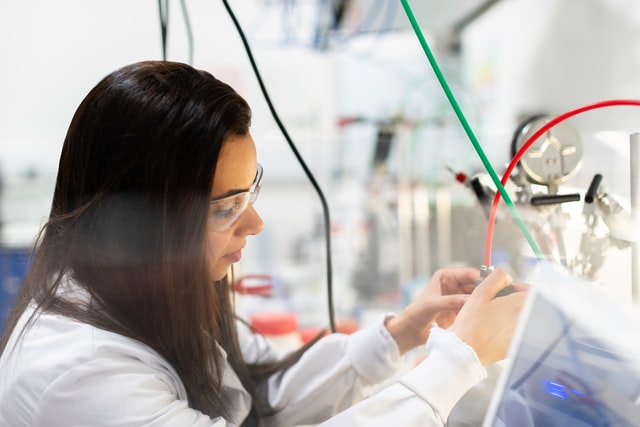 Photo by ThisisEngineering RAEng on Unsplash
Photo by ThisisEngineering RAEng on Unsplash
STEM education remains in the spotlight 25 years after the term first emerged. Coined in the 1990s by the National Science Foundation, the acronym is applied to any curricula, event, policy or education program addressing Science, Technology, Engineering or Math. Most often it references Science and Math, but all four areas have become hot topics in the general education of K-12 students. The emphasis carries through to higher education and beyond, seeking to prepare young adults to assume 21st century worthy jobs. Anticipated areas of need include employees who are interactive as problem solvers, researchers, designers, and engineers.
- 0 Comments
- Oct 20, 2020 10:00:00 AM
- Posted by Natalia Galvis
- Topics: Robotics, STEM, students, Technology, STEMchat, WomeninSTEM, Edchat, online, lessons
How can Robotics bring STEM Learning to Life?
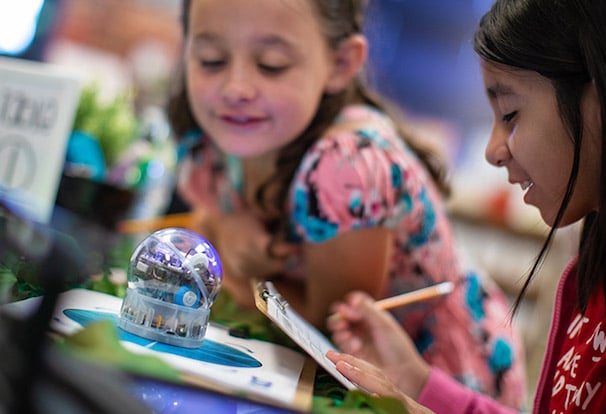
It has often been highlighted that there is a growing shortage of STEM (Science, Technology, Engineering, Mathematics) professionals in the US. Over the last decade, reports published by National Innovation Institute, National Academies study, President’s Council of Advisors on Science and Technology; all pointed towards the need to increase the STEM talent pool if America were to continue its strength in Science and Technology.
- 0 Comments
- Oct 19, 2020 10:00:00 AM
- Posted by Natalia Galvis
- Topics: Robotics, STEM, students, Technology, STEMchat, Edchat, online, lessons
Why Fostering Creativity is so Important and How EdTech Can Help
When we think of creativity, most of us will readily associate it to art, from painting to composing music to writing fiction. But the act of being creative is much more than that: a person can be a creative thinker even if they never pick up a paintbrush or a musical instrument.
 Photo by Alice Dietrich on Unsplash
Photo by Alice Dietrich on Unsplash
You are being creative when you decide on a catchy slogan for your product; you are being creative when you pitch your own idea for a small business; and most of all, you are being creative when you are presented with a problem and come up with a unique solution.
In a world where having original ideas sets humans apart from machines, thinking creatively is more important than ever and educators have a responsibility to foster, not stifle their students’ imagination.
- 0 Comments
- Oct 16, 2020 10:00:00 AM
- Posted by Natalia Galvis
- Topics: EdTech, STEM, students, Technology, Edchat, coronavirus, online, covid19, lessons, creativity
Robot Pepper Is Transforming These 3 Industries
Image: Photos Hobby from Unsplash
Robots are innovative creations, and they've come along way from where they first started. Robot Pepper is a prime example of just how much progress the robots field has made. Pepper is a humanoid robot that businesses can program to help with their operations.
From education to hospitality to health, Pepper assists everyday needs and tasks. It's a creation from Softbank Robots that has only been around since 2015 but has been making big waves ever since. Transforming the way places like hospitals, hotels and schools run is now a standard part of what makes Pepper the robot so unique.
- 0 Comments
- Oct 15, 2020 10:00:00 AM
- Posted by Natalia Galvis
- Topics: STEM, students, Technology, Edchat, online, lessons
Robots will never replace teachers but can boost children's education
By Laura Fields
Say a man is walking in the woods, and he suddenly finds a fence in the middle of nowhere. The fence has no apparent purpose. A careless man might simply tear it down, not seeing the point of leaving it standing. A cautious man will first try to learn why it was built in the first place and then decide.
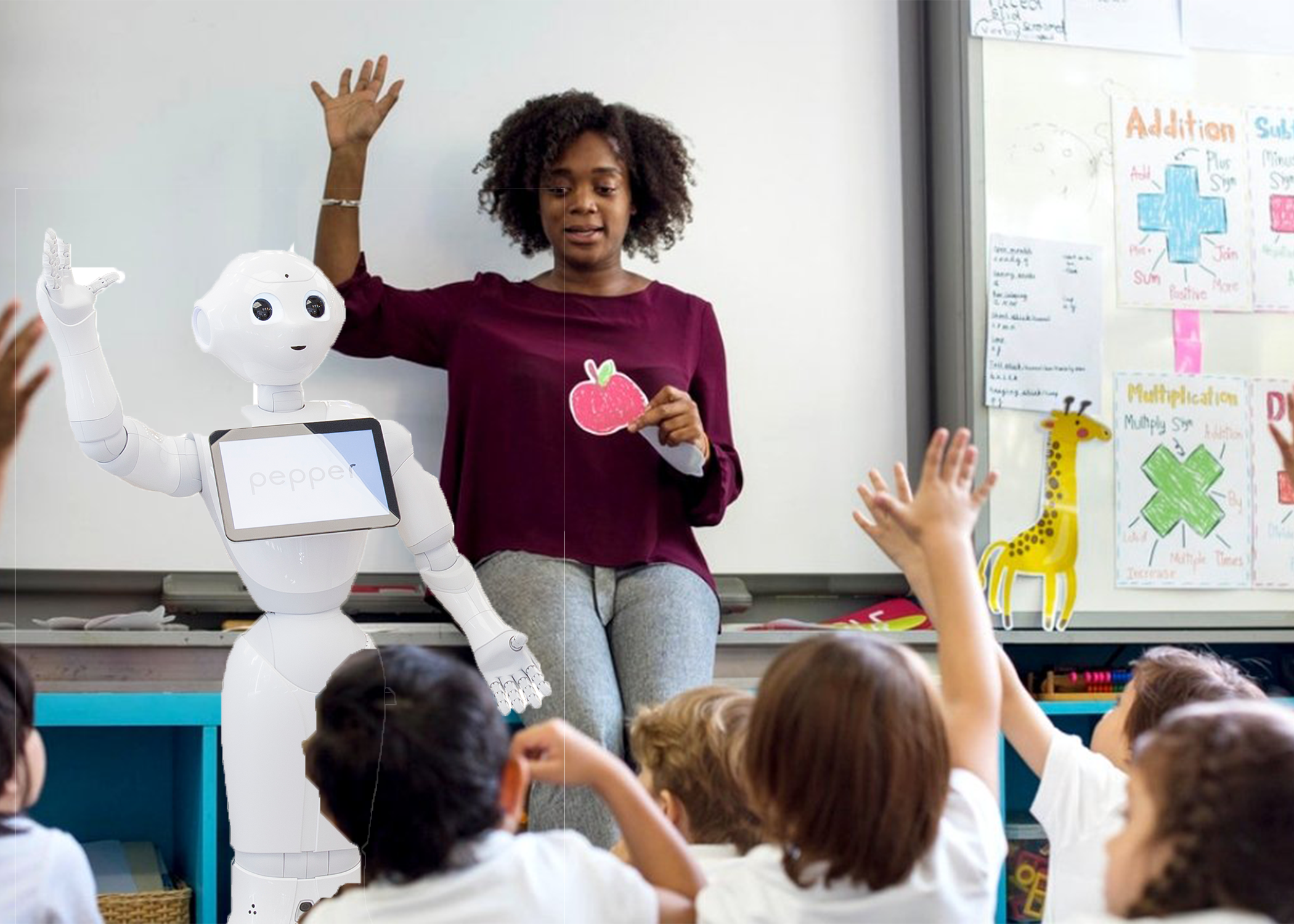
Our tens-of-thousands of years-old civilization carries with it some antiquated, vestigial practices that need to be updated. But how do we distinguish between what is old because it works, or it is old because nobody has gotten to changing it yet? The answer is caution and observation.
Nowhere is this question more relevant than teaching, especially in a time when nature seems to have taken the choice out of our hands. Like it or not, alternatives to traditional teaching need to be implemented as soon as possible.
- 0 Comments
- Oct 14, 2020 10:00:00 AM
- Posted by Natalia Galvis
- Topics: EdTech, STEM, students, Technology, Edchat, online, lessons
Relevant Posts
Popular Posts
Subscribe to Email Updates
-
I Want To Learn MoreADDITIONAL INFORMATION


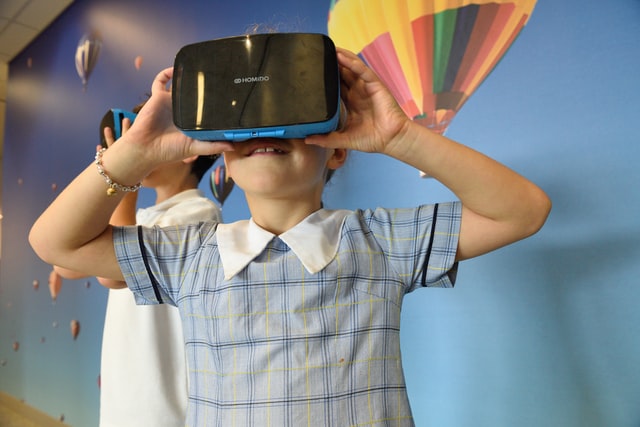 Photo by
Photo by 